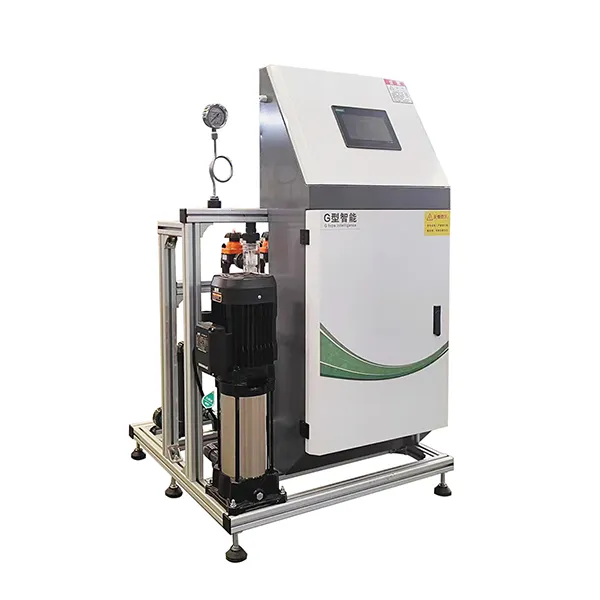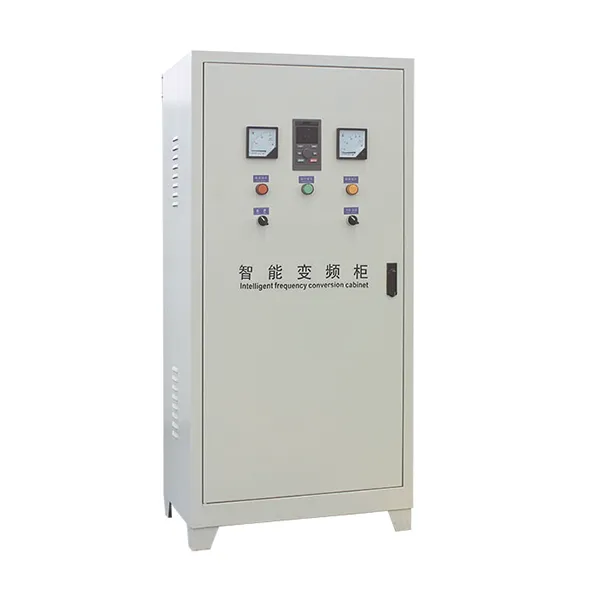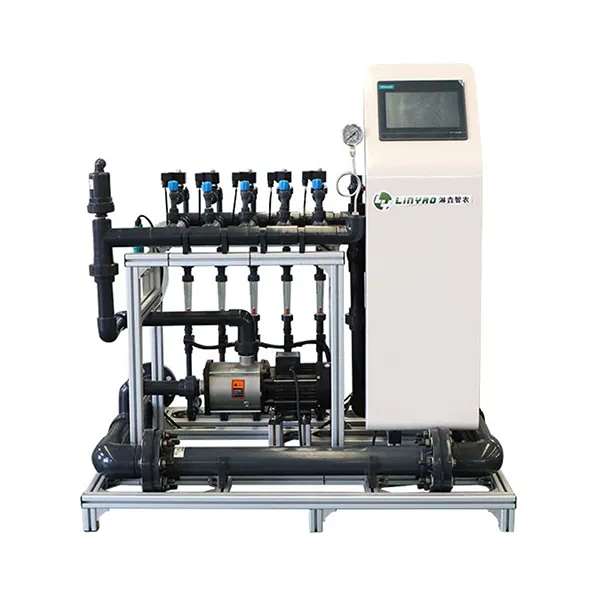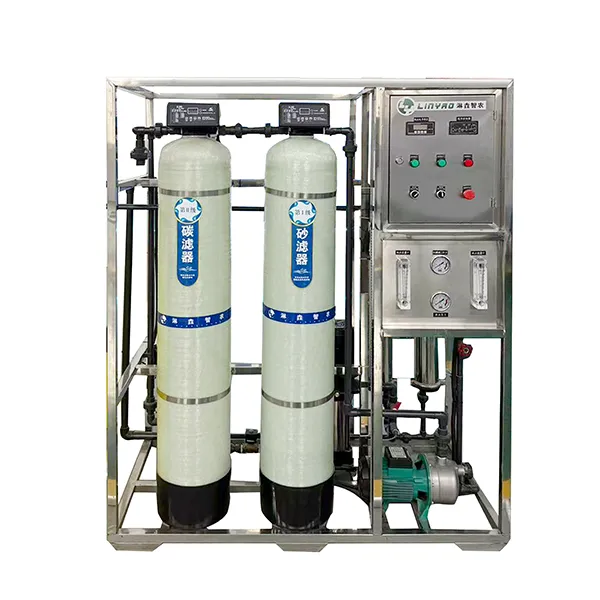
Centrifugal water purification filter main buyer country
If we talk aboutCentrifugal water purification filter main buyer country, many immediately imagine Europe or the USA, but according to our data, the main demand consistently comes from regions with a developed agricultural sector - Kazakhstan, Uzbekistan, and partly Belarus. Interestingly, buyers often underestimate the need for a preliminary assessment of water quality, which is why they later encounter clogged nozzles.
Why do centrifugal systems choose these countries?
In Kazakhstan, for example, water often comes with a high content of sand and suspended matter. A centrifugal filter here is not a luxury, but a necessity. I remember last year we delivered a batch to farmers in the Almaty region: they complained that ordinary mesh filters clogged within a week. After installing centrifugal pumps, the problem was resolved, but additional settling tanks had to be installed - the source water was too dirty.
Uzbekistan often orders systems for cotton fields. Not only filtering is important there, but also compatibility with existing infrastructure. Local engineers love it when the filter can be built into old Soviet irrigation lines without modification. By the way, this is one of the reasons why our kits from Shandong Linyao Intelligent Agriculture Technology LLC have taken root there - precisely due to adaptability.
Belarus is a different story. They buy there mainly for greenhouse complexes, where the water is relatively clean, but fine tuning for drip irrigation is required. Sometimes it seems that the centrifugal filter is redundant, but practice shows: without it, droppers begin to fail after 2-3 months.
Typical mistakes during selection and installation
The most common mistake is incorrect performance calculations. It happens that they take a filter at 50 m3/h, but the system operates at 70. The result is either a breakthrough of dirt or constant flushing. One of our clients from near Nur-Sultan overpaid so much for electricity for six months that he wanted to sue. We figured it out - it turned out that the installers did not take into account the height difference in the system.
Another point: many save on shutoff valves. Simple ball valves are installed instead of valves with smooth regulation. In centrifugal filters this is critical - sudden opening/closing causes water shocks that literally break the internal elements. We at Shandong Linyao LLC always recommend equipping systems with our own valves - those that we design for intelligent agricultural systems.
The third problem is ignoring the chemical composition of water. In Uzbekistan, too, water is often high in salts. A centrifugal filter perfectly removes mechanical impurities, but if you don’t install a softener afterwards, the entire system becomes overgrown with limescale. We have to explain that filtering is only the first stage.
Features of working with the Russian market
In Russia, demand is uneven. The southern regions - Krasnodar Territory, Stavropol Territory - are actively taking it, but the central ones are often in doubt. The reason, it seems to me, is the conservatism of local agronomists. They are accustomed to sand filters and do not always trust new technologies.
But when you manage to implement it, the result is impressive. Last season, the system was installed in an agricultural holding near Voronezh. Previously, they used only mesh filters and complained about frequent washing. After installing centrifugal filters of our assembly (the project was carried out by Shandong Linyao Intelligent Agriculture Technology LLC), water consumption decreased by 15%, and maintenance was reduced to 1 time per month.
Interestingly, Russian buyers often ask for systems to be modified to suit local conditions - for example, to add heating for the winter or reinforced fastenings. We usually include such modifications in the design - fortunately, our website https://www.lyzhihuinongye.ru allows you to quickly approve changes.
About technical nuances that are rarely written about in instructions
Few people take into account that a centrifugal filter is only effective at a certain flow rate. If the water flows too slowly, the suspended matter does not settle; if it flows too quickly, turbulence is created. The ideal range is 1.2-2.5 m/s, but it must be calculated individually for each system.
Another important point is the material of the case. For Central Asia, where water is often aggressive, stainless steel or composites are better suited. Polypropylene, which is loved for its cheapness, lasts a maximum of 2-3 seasons. In our projects, especially for smart agricultural parks, we always offer options with different materials - even if it is more expensive.
And a very little-known detail: centrifugal filters do not work well with water containing organic fibers (for example, algae). They are simply not separated by centrifugal force. For such cases, multi-stage cleaning is needed - first a mechanical mesh, then a centrifugal filter. I had to see it from my own experience when we were working on a project for rice paddies.
Prospects and trends in filtration for agriculture
Nowadays, systems with automatic flushing and remote control are increasingly being requested. Especially for large farms where manual maintenance is not economically viable. Our company is developing this area - intelligent irrigation systems with full automation.
I noticed that buyers began to approach the issue of filtration more intelligently. If earlier they took something cheaper, now they ask about efficiency, service life, compatibility with other equipment. This is encouraging - it means the market is ripe for complex solutions.
I think that in the next 2-3 years centrifugal filters will become the standard for most agricultural enterprises. Especially taking into account rising water prices, saving just 10-15% on irrigation already makes their installation justified. The main thing is to select the right equipment for specific conditions, and not be guided by general recommendations.
Correspondingproducts
Related Products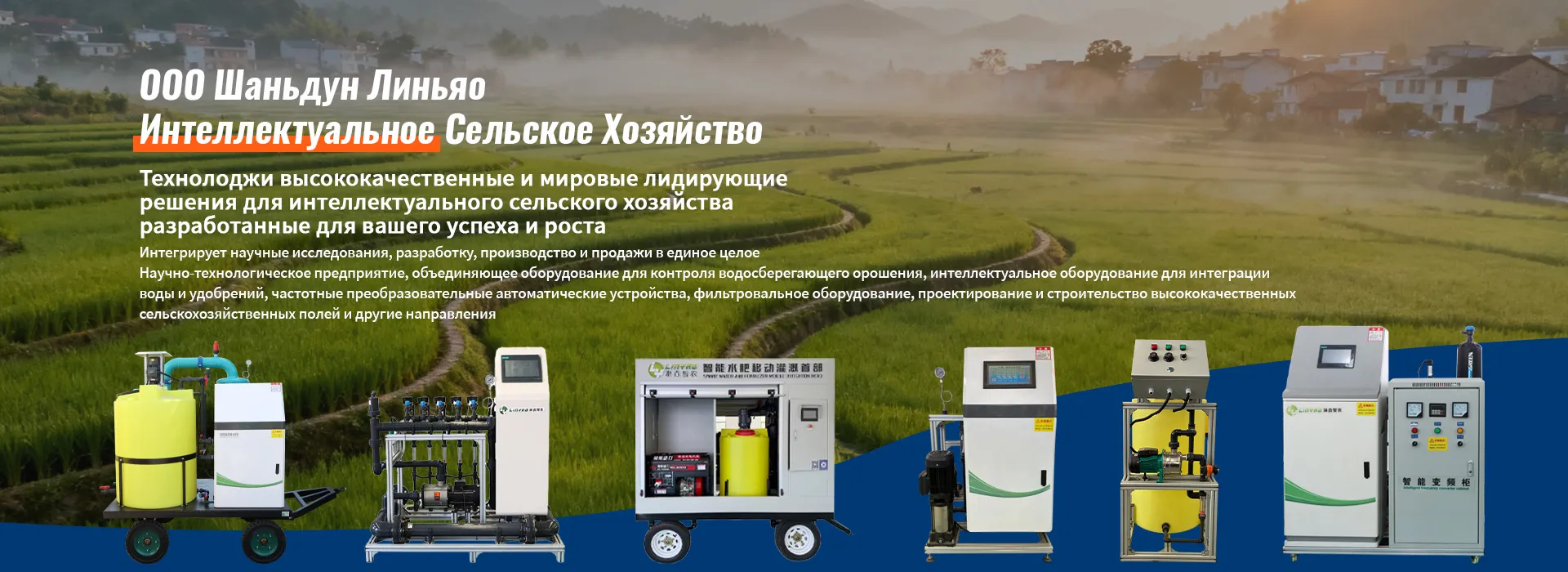
Best Sellingproducts
Best Selling Products-
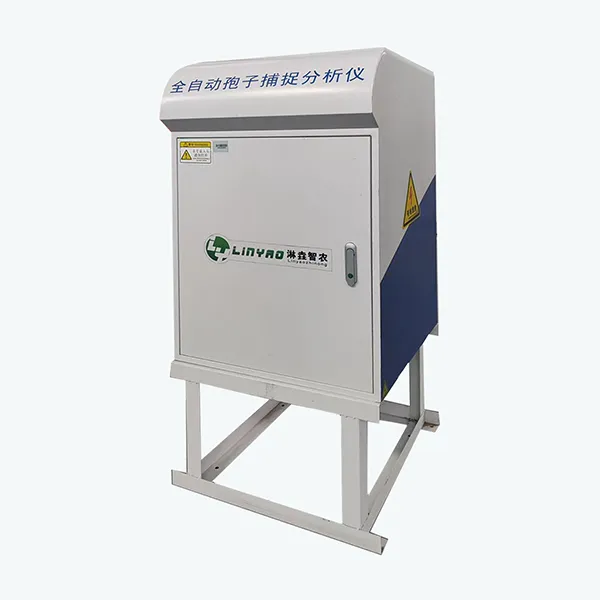 Fully automatic spore analyzer for agriculture
Fully automatic spore analyzer for agriculture -
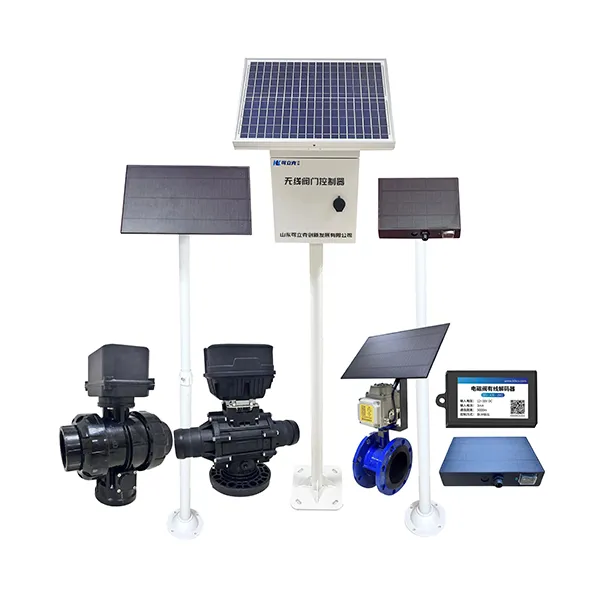 Wireless valve control
Wireless valve control -
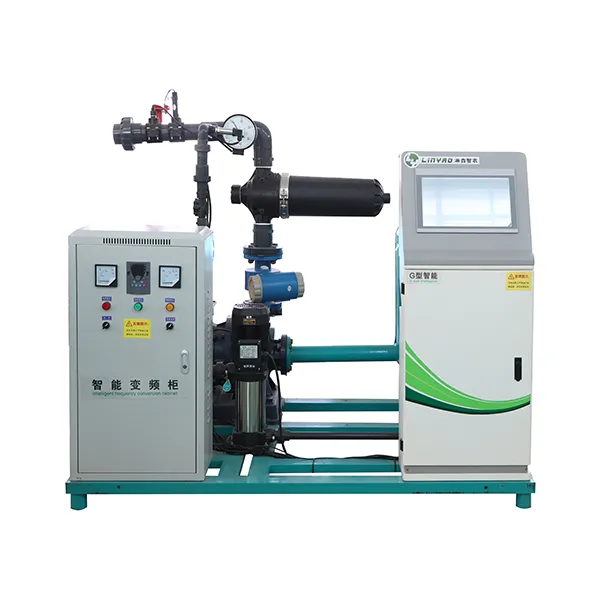 Intelligent Irrigation Control System
Intelligent Irrigation Control System -
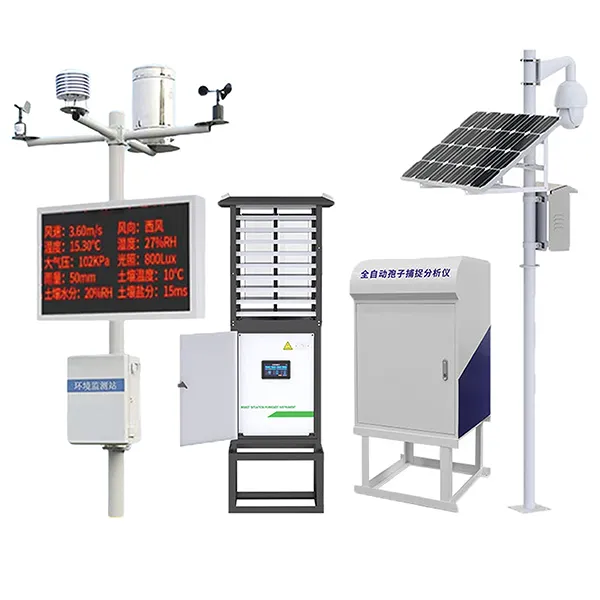 Agricultural weather station
Agricultural weather station -
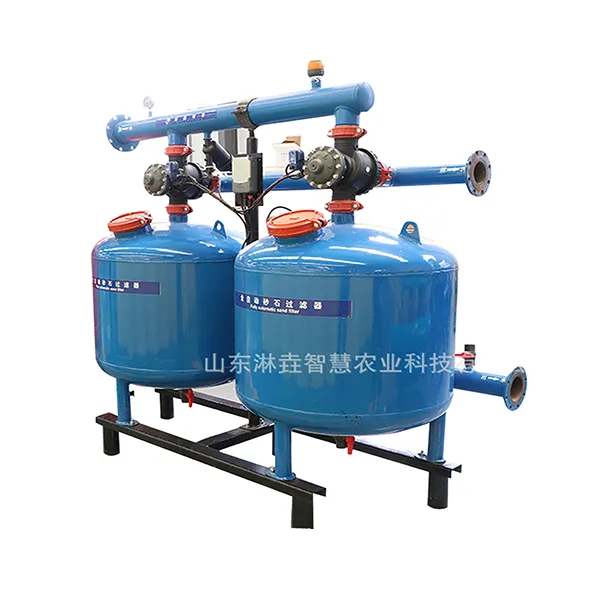 Automatic Backwash Sand Filter for Drip Irrigation System
Automatic Backwash Sand Filter for Drip Irrigation System -
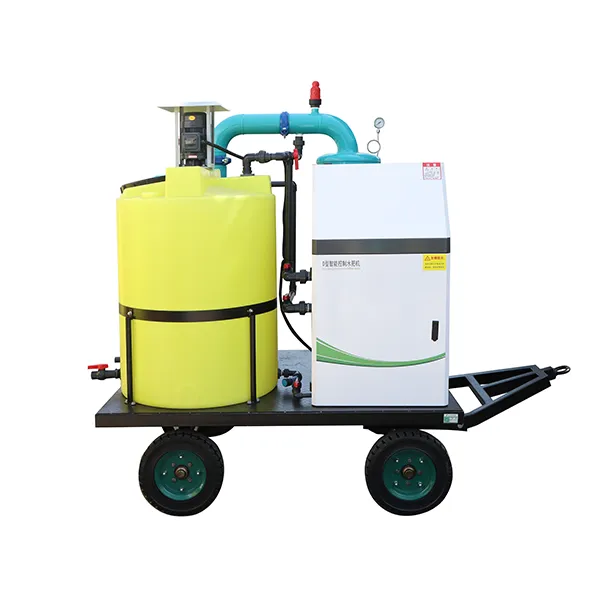 Mobile water and fertilizer integration apparatus
Mobile water and fertilizer integration apparatus -
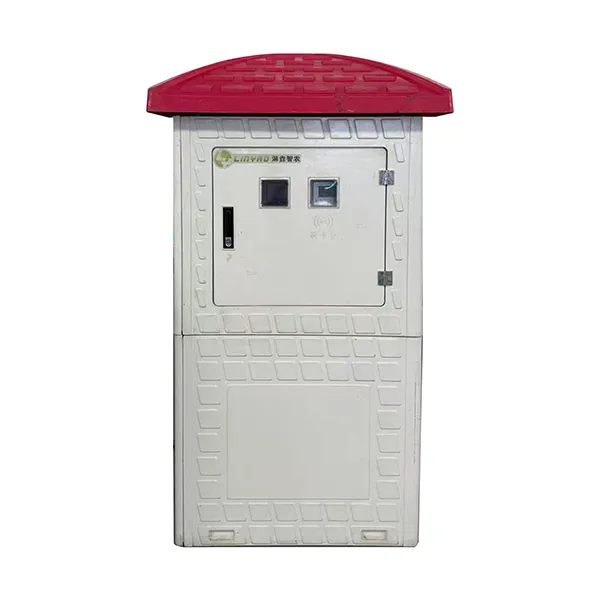 Radio Frequency Device for Irrigation Measurement and Control
Radio Frequency Device for Irrigation Measurement and Control -
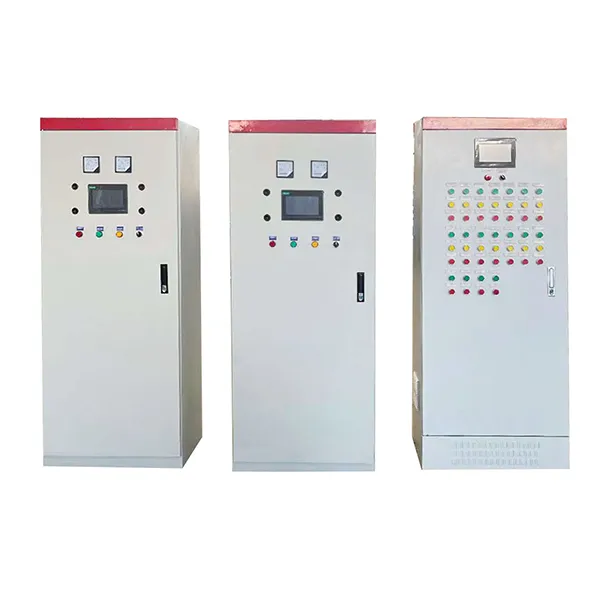 IoT-based greenhouse control cabinet
IoT-based greenhouse control cabinet -
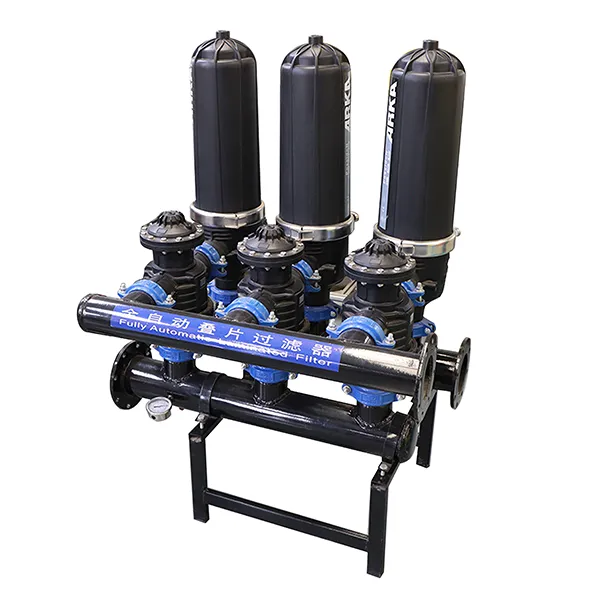 Disc filter with automatic flushing
Disc filter with automatic flushing -
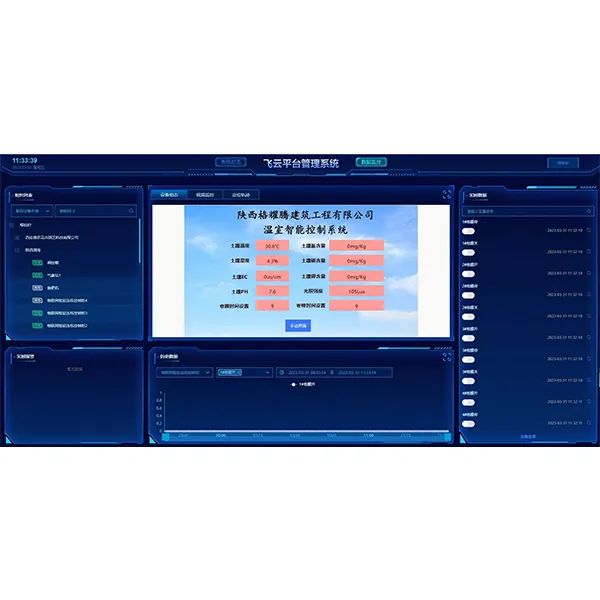 Cloud platform for smart agriculture
Cloud platform for smart agriculture -
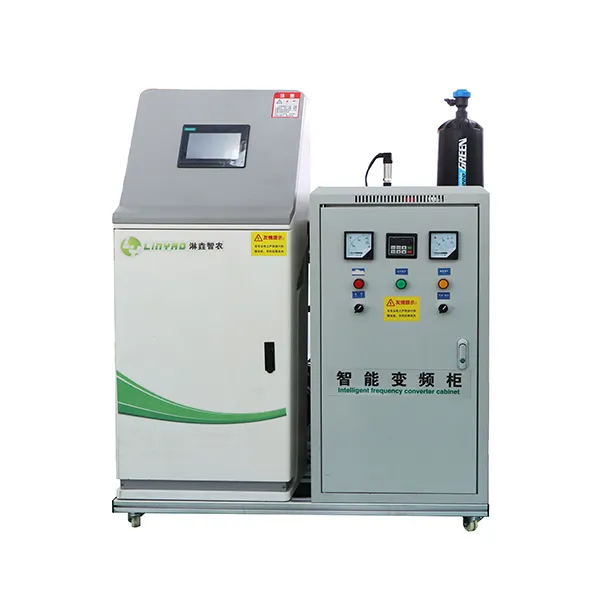 Main Fertilizer Irrigation Plant
Main Fertilizer Irrigation Plant -
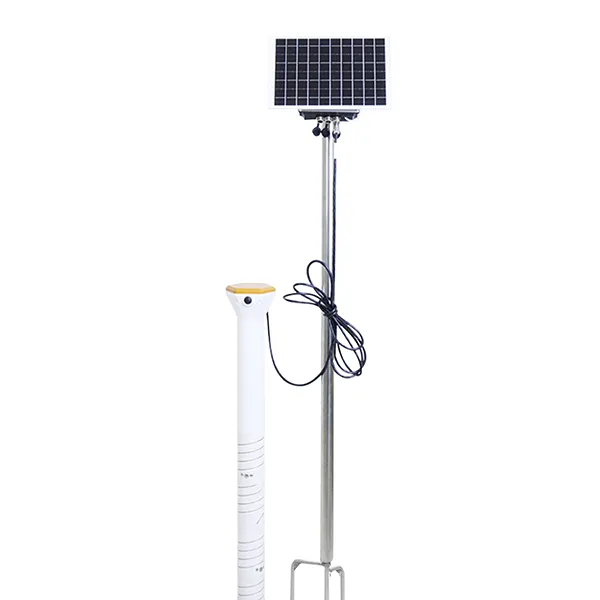 Soil Moisture Monitoring Station
Soil Moisture Monitoring Station
Relatedsearch
Related Search- Full bore ball valve DN100
- Sprinkler Irrigation System Manufacturers
- Motorized Ball Valve Manufacturers
- Modern irrigation systems main buyer country
- Fertilizer Applicator, Agricultural Irrigation Suppliers
- Fertilizer applicator, agricultural irrigation manufacturer
- Solenoid valve 4 inch ac24v manufacturers
- Solenoid valve 1 inch pulse main buyer country
- Intelligent Fully Automatic Fertilizer and Water Integration Apparatus for Precision Hydroponic Cultivation Supplier
- Mobile pumping stations SNP manufacturer


